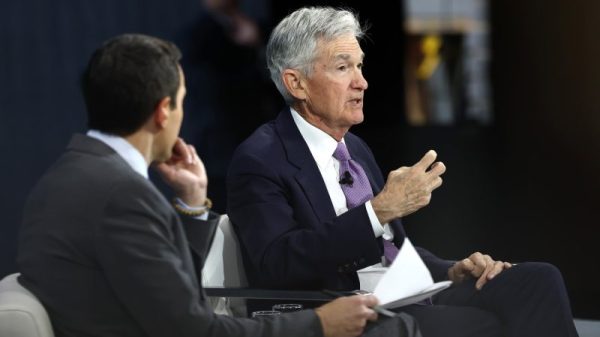Trading Crude Oil: Navigating Price Volatility
The world of trading crude oil is as dynamic as the commodity itself, subject to various geopolitical, economic, and environmental factors. On Thursday, November 16, oil prices experienced a significant drop of more than $3 a barrel, echoing concerns over increasing supply in the US and sluggish energy demand in China. Brent futures slipped 3.2% to $78.58 a barrel, while US West Texas Intermediate crude (WTI) fell roughly 3.5% to $74.01. This downward trend continued from the previous session, reflecting the intricacies of the global oil market.
Trade Oil: Factors Influencing the Market
The drop in oil prices can be attributed to conflicting signals in the market. While the International Energy Agency (IEA) and the Organisation of Petroleum Exporting Countries (OPEC) predicted supply tightness in the fourth quarter, recent US data contradicted these projections. The EIA revealed a significant surge in crude stocks, hitting 421.9 million barrels, alongside consistent daily production of 13.2 million.
Simultaneously, the economic dynamics in China play a crucial role in the oil market. In October, despite a Chinese economic rally, worries linger about a possible oil refinery slowdown impacting crude oil demand.
Global Impact and Expert Insights
The US officials, amid Middle East tensions, declared their plan to impose oil sanctions on Iran, a backer of Hamas. This move contributed to the complexities of the oil market, amplifying concerns about supply disruptions.
Market participants closely watch crude oil forums, focusing on the expected Chinese refinery slowdown and the Israel-Hamas conflict impact. Rahul Kalantri, VP of Commodities at Mehta Equities Ltd., notes, “The upward revisions in demand forecasts for 2023 by OPEC+ and the IEA further bolstered crude oil prices at lower levels.”
In conclusion, navigating uncertainties is an inherent challenge in trading crude oil. The oil price decline, driven by ample US inventories, a potential slowdown in China, and geopolitical tensions, highlights market volatility. In navigating the crude oil market, traders and investors thrive by staying informed and adaptable to capitalize on emerging opportunities. Whether it’s keeping an eye on the 500 litres of oil or understanding the implications of fractional distillation of crude oil, a comprehensive approach is essential for successful trade oil ventures.
The post Trading Crude Oil: Navigating Price Volatility appeared first on FinanceBrokerage.


































